A career change is often the last thing some people think about when looking for a job – why? Changing your career and looking for a job unrelated to what you did for the past several years can seem like a defeat, at least at first. However, there are some very valid reasons as to why a career change might be for the best.
According to published findings, 47% of job seekers change careers for better pay, with 23% doing so because they no longer feel passionate about their current jobs. 77% of people reported that they’re happier after their change in career, with 65% also reporting they’re less stressed and more fulfilled with what they are doing today. A career change might just be what you need to kick-start your love for going to work and developing your skills as a professional. Here’s how you can handle changing careers and applying for new jobs with Jobs OneGlobe in 2022.
Is Career Change a Good Idea for You?
Let’s start from the top – is a career change a good decision for you? This is a complex topic that you need to reflect on as you look for jobs in your industry. Based on recent reports, 53% of US graduates use half or less of their formal education at work. 33% of Americans have changed careers entirely since landing their first job, illustrating how career changes have become the norm in modern times.
Changing your career midway to retirement isn’t a bad thing if you’re ready to turn a new professional page. However, you may need to go through additional education and acquire hard or soft skills depending on what career path you want to take up next. Is changing your career a good thing? It can be if you want it to be. How can you benefit from changing your career and picking up an entirely new profession?
- Develop a new professional network
- Feel more fulfilled with what you do
- Earn more money and gain better benefits
- Develop useful new skills and know-how
- Gain a better understanding of yourself
If you’re dissatisfied with what you’re doing professionally today, the only way for you to revitalize yourself is to look toward an alternative career path. Let’s see how you can do it more easily by using Jobs OneGlobe to land your next job and get a flying start on your new career.
“The only way to do great work is to love what you do. If you haven’t found it yet, keep looking. Don’t settle.” – Steve Jobs
1. Review your CV and Create a New One
The best way to start your career change is to reflect on who you are today as a professional. Which jobs have you done in the past, for how long, and what have you learned from them? Take a look at your current CV and try to understand where you are right now in professional terms.
Do you have a lot of volunteering and internship experiences? Looking for jobs in NGOs might be a great idea. Have a lot of great soft skills under your belt? Human relations and sales might be your best bet. You can create a new CV with Jobs OneGlobe by using its professional CV builder to create multiple versions of your CV. This will make it easier for you to apply for various job listings in different industries. A career change always begins with self-reflection – look back to who you were and start charting a new path to who you want to become.
2. Consider Ancillary Career Paths
You might not need to look far to find your new professional calling depending on what you’re doing right now. Ancillary or adjacent career paths can sometimes be what you need to kick-start your professional energy. For example, if you’re a graphic designer, you may be able to become a fully-fledged web designer or a UI/UX designer with little to no additional education.
Ancillary career paths are great for versatile industries like advertisement where trends change constantly. Choosing a career change inside your industry will allow you to start working as a full-time professional or even a senior employee in no time. Look for jobs inside your industry before you diversify your job search to include entirely different industries.
“I want to look back on my career and be proud of the work, and be proud that I tried everything.” – Jon Stewart
3. Expand Your Skillset
A good way to get a sense of what you might want to do professionally is to pick up some online courses and seminars. Diversify your skills by exploring what’s trending in your and similar industries. Start learning new things and add them to your CV once you’re confident that you can use them for work.
If you already have a career change plan in mind, pursue some skills related to that career choice. You can never know too much, and by learning new skills you’ll ensure that prospective employers consider hiring you. Many employers are open to hiring people who are changing careers, especially in managerial and executive positions. Use what you know as a strength, not as a weakness, and many employers and recruiters will recognize it.

4. Play your Past Experiences to your Advantage During Interviews
Many people go into a career change expecting to be treated like junior employees by their new employers. This is far from the truth, however, as plenty of employers are looking for reliable, experienced people to hire. While you’ll have to learn skills to fill certain roles within your company, you’ll still be treated as a senior employee.
You must play your past experiences to your advantage during job interviews when you consider changing careers. Your potential employers will ask you about your motivation and decision to change careers at this point. Make sure that you have good answers for them and they’ll be more likely to seriously consider hiring you.
5. Give your Job Hunt Some Time to Pay Off
Once you go through with changing your career, be sure to give it some time. You’ll need to go through the process of applying for jobs and going through interviews just as you would if you were looking for jobs in your industry. Don’t get discouraged by the fact that some employers may not be open to hiring you.
Some employers will specifically look for younger employees which they can onboard and retain for longer than they’d be able to do with you. This isn’t a mark against you – it just goes to show that different employers think differently. Be patient and persistent in your career change decision.
“It is never too late to be what you might have been.” – George Eliot
Embrace your Career Change with Jobs OneGlobe
According to career development research, an average person will change careers 5-7 times during their lifetime, with 30% of people changing careers every 12 months. This is both due to the goal of “finding one’s self” professionally, as well as the fact that there are just so many career choices to pursue today. Once you’re ready to commit to a career change, Jobs OneGlobe will be there for you.
There are plenty of full-time jobs for you to apply to in dozens of industries and around the world. All you have to do is create your CV and start applying for job listings that interest you. Set your personal goals for a career change and follow through on them. When you find a job you like, despite it being outside of your wheelhouse at first, you’ll feel rejuvenated and ready for new professional achievements.
All you need to do is take the initiative and give yourself a chance. Just because you’ve worked as a software developer for years doesn’t mean that graphic design is impossible to pursue. We are all different and unique in our ways – the right employer will recognize your potential and hire you because of your newly-found passion, not despite it. That’s when you’ll know that a career change was a good decision in the end.




Share
Facebook
Twitter
LinkedIn
Telegram
Tumblr
WhatsApp
VK
Mail